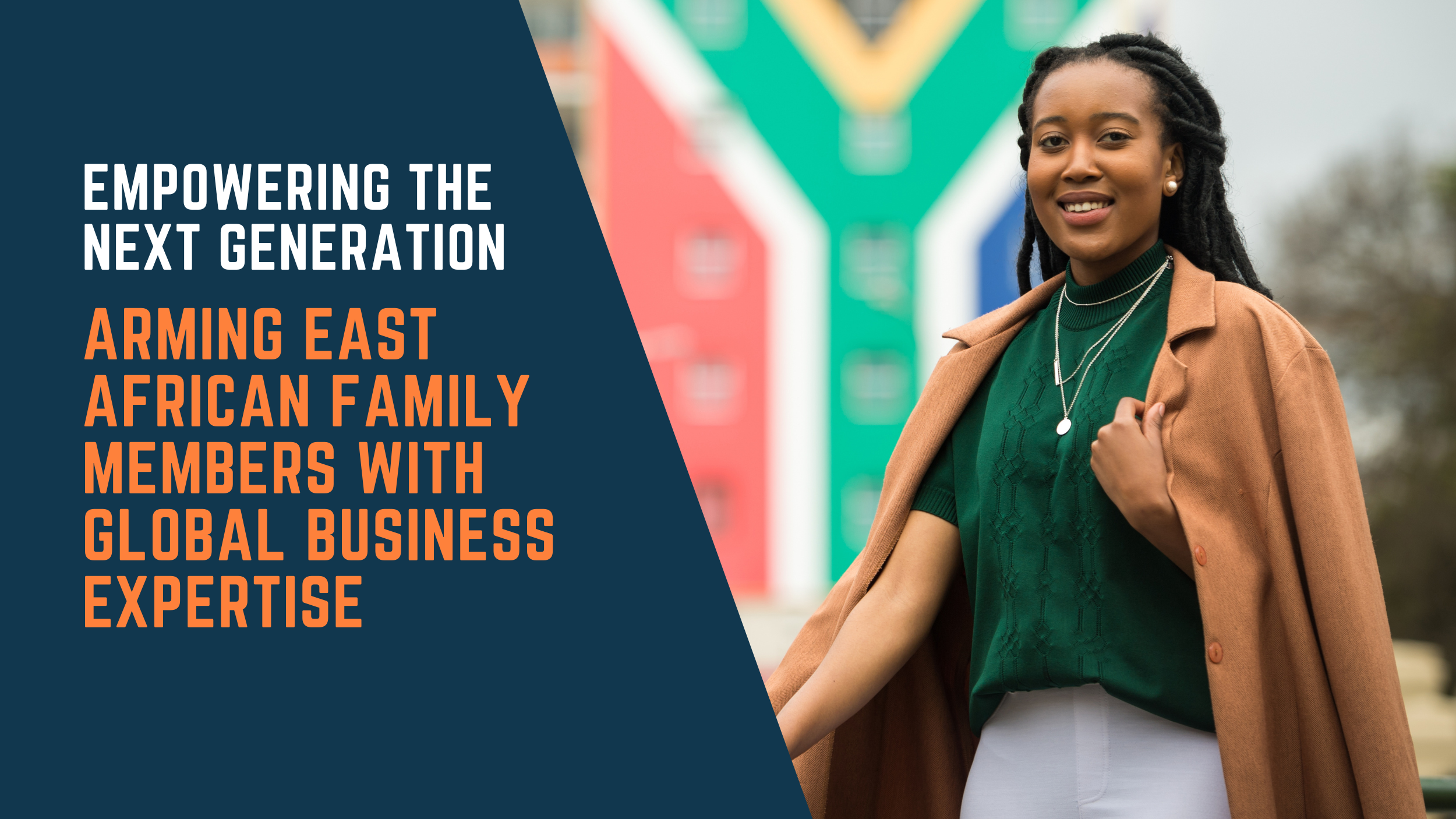The world is becoming more dynamic and interconnected as the years go by, demanding a new generation of business leaders with a global mindset. Here are some key strategies to equip young people taking over their East African family businesses with the knowledge and skills to thrive in this dynamic environment:
Cultivating a Global Mindset
Early Exposure
Introduce global concepts into education from a young age. This includes incorporating international news, cultures, and economies into classroom discussions. Field trips to international businesses or cultural centers can also be beneficial. As they complete their formal education, attending talks and events hosted by organizations or business leaders helps them grasp the changing landscape- carefully creating an adaptability that will be beneficial in the long run.
Cultural Exchange
Encourage student exchanges and international internships. Students studying abroad can gain benefits by working in multi-cultural, diverse workspaces to learn about basic teamwork, time management, and how different organizations structure themselves. Students based within East Africa can gain knowledge and experience in businesses other than their own to see how different approaches, lead to different outcomes. This will strengthen their ability to manage teams, collaborate with other businesses (if applicable), and gain knowledge from unlikely resources.
Language Proficiency
Promote multilingualism. The global marketplace is a hub of different, successful businessmen from various countries- speaking different languages. Preserve the culture and heritage of our East African children by immersing them while they are young. However, pivotal changes in their career (and that of the family business) depend on them being able to foster, nurture and maintain relationships with others outside of East Africa depending on the nature of the business.
Global Citizenship
Gain a better understanding of different cultures and societies by helping them understand diversity, equity, and inclusion. This includes studying global challenges like climate change, poverty, and human rights. We come from a well of compassion, tolerance and understanding – it is important to positively impact the planet and the people in it as we continue to scale and expand our businesses.
Develop Essential Business Skills
Digital Proficiency
Equip young people with strong digital skills, including coding, data analysis, and digital marketing. These skills are essential for navigating the digital economy and leveraging technology for business growth. These will ensure that once the youth begin leading their family businesses, they are able to quickly optimize and recategorize whatever is necessary to adapt to the changing digital landscape: keeping the business in focus on a global digital scale.
Critical Thinking
Develop problem-solving and analytical abilities through project-based learning, case studies, and simulations. Encourage the younger generation to question assumptions, analyze information, and develop creative solutions. This will also help maintain professional boundaries in the workplace while adding value.
Entrepreneurship
Innovation and entrepreneurial spirit provide opportunities for students to develop their own business ideas. This can include pushing them to bring to you entrepreneurship programs, business plans (either for the family business or otherwise), or providing them access to mentors who are able to understand their unique background and guide them accordingly. A network between the patriarchs of our East African Family Businesses will be extremely strong, with skills that are well sought after to train our younger generations.
Communication and Leadership
Build strong communication and leadership skills through public speaking, teamwork, and group projects. Role-playing exercises, leadership training, and mentorship can also be beneficial.
Foster a Supportive Ecosystem
Industry Partnerships
Collaborate with businesses to create relevant internship opportunities and mentorship programs. Industry partnerships can provide valuable insights into industry trends and job market demands. This helps our youth understand the business from diverse perspectives- helping them form well rounded solutions.
Global Networks
Build connections with international organizations. It’s purpose will be to network with global organizations to expand their horizons and create opportunities for international collaboration (if applicable within the family business).
Resources
Provide access to information and databases, such as business news, market research, and industry reports. Encourage them to use the tools & resources they need to conduct independent research and analysis to support the business – in their own way.
Inclusive Culture
Create an inclusive environment that values diversity, equity, and inclusion. This includes promoting diversity in faculty and staff: focusing on value and expertise over anything else.
Key Focus Areas
Sustainability
Integrate environmental and social responsibility into business plans. This includes teaching about sustainable business practices, corporate social responsibility, and the impact of business on society.
Technology
Prepare young people for the digital transformation of business by incorporating emerging technologies into the business (where applicable). Host talks on cybersecurity, blockchain, and AI to help educate our young professionals.
Ethics
Emphasize ethical decision-making and corporate social responsibility by incorporating case studies and ethical dilemmas into organizational talks. This includes teaching about business ethics, corporate governance, and the role of business in society.
By implementing these strategies, we can nurture a generation of global business leaders capable of driving positive change.



